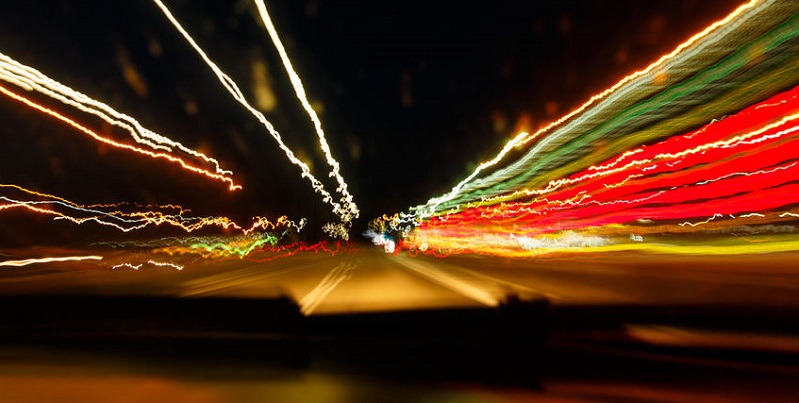A driver under the influence of alcohol who crashes his car is in trouble—with you if you’re a victim in the accident and decide to take legal action.
When drivers are licensed to drive in the state of Colorado, it is assumed that they are competent enough to safely operate a motor vehicle. But there is no test for the likelihood that a prospective driver will engage in intentional misconduct like consuming alcohol at a holiday party and then getting behind the wheel.
Costs of Driving Under the Influence
In Colorado, two levels of driving under the influence are recognized:
- DUI – driving under the influence with a blood alcohol concentration (BAC) of .08 percent or higher (or .02% or higher if the driver is under 21).
- DWAI – driving while ability is impaired, with a BAC of .05 percent or higher but less than .08 percent.
A person who causes an accident in Colorado while under the influence of alcohol will probably face a charge of careless driving and possibly serious criminal penalties that may include jail time and revocation of his driver’s license. If the DUI accident results in a serious injury, felony vehicular assault charges may be filed. If someone dies in the accident, vehicular homicide charges may be filed.
Why DUI Drivers Usually Don’t Get Away With It
Fault is a major factor in a personal injury case, but there is rarely a question of fault when the driver who caused the accident engaged in reckless behavior while driving. Even no-fault states often make exceptions to allow lawsuits against a drunk driver.
Thanks to field sobriety tests, breathalyzers, and other blood tests, the amount of alcohol in a driver’s system can be accurately determined. So drunk drivers are often successfully held liable for their actions, in both civil and criminal court.
When the Bartender Is Liable
The civil liability related to drunk driving usually includes injury or damage to a person or property. In some states, including Colorado, dram shop laws assign civil liability for a drunk driver’s actions to bars and restaurants whose personnel knowingly serve alcohol to intoxicated individuals and then let them drive. The laws may also apply to social hosts who provide alcohol in their homes to guests and then let them drive.
Forty-three states and the District of Columbia currently have some kind of dram shop law on their books. States without dram shop laws include Louisiana, Nevada, and South Dakota.
You may be able to collect punitive damages from a drunk driver.
In many states, victims of drunk drivers are eligible for punitive damages in addition to the compensatory damages typically allowed in an auto accident claim. Personal injury cases involving a drunk driver differ from those resulting from carelessness in two crucial ways: 1) drunk driving is against the law, and 2) the crash was probably preventable.
In Colorado, a personal injury plaintiff cannot demand punitive damages when filing his claim but must wait until “clear and convincing evidence has been gathered to show the court that punitive damages should be considered.” Although punitive damages are not often awarded in Colorado personal injury cases, a case brought as a result of drunk driving is one instance in which they may be warranted.
If you’ve been injured in a car accident caused by someone driving under the influence of alcohol or driving while impaired, get the facts about your options. Contact the Law Offices of Daniel R. Rosen online or call 303-454-8000 or 800-ROSEN-911 to schedule your free initial consultation today.

